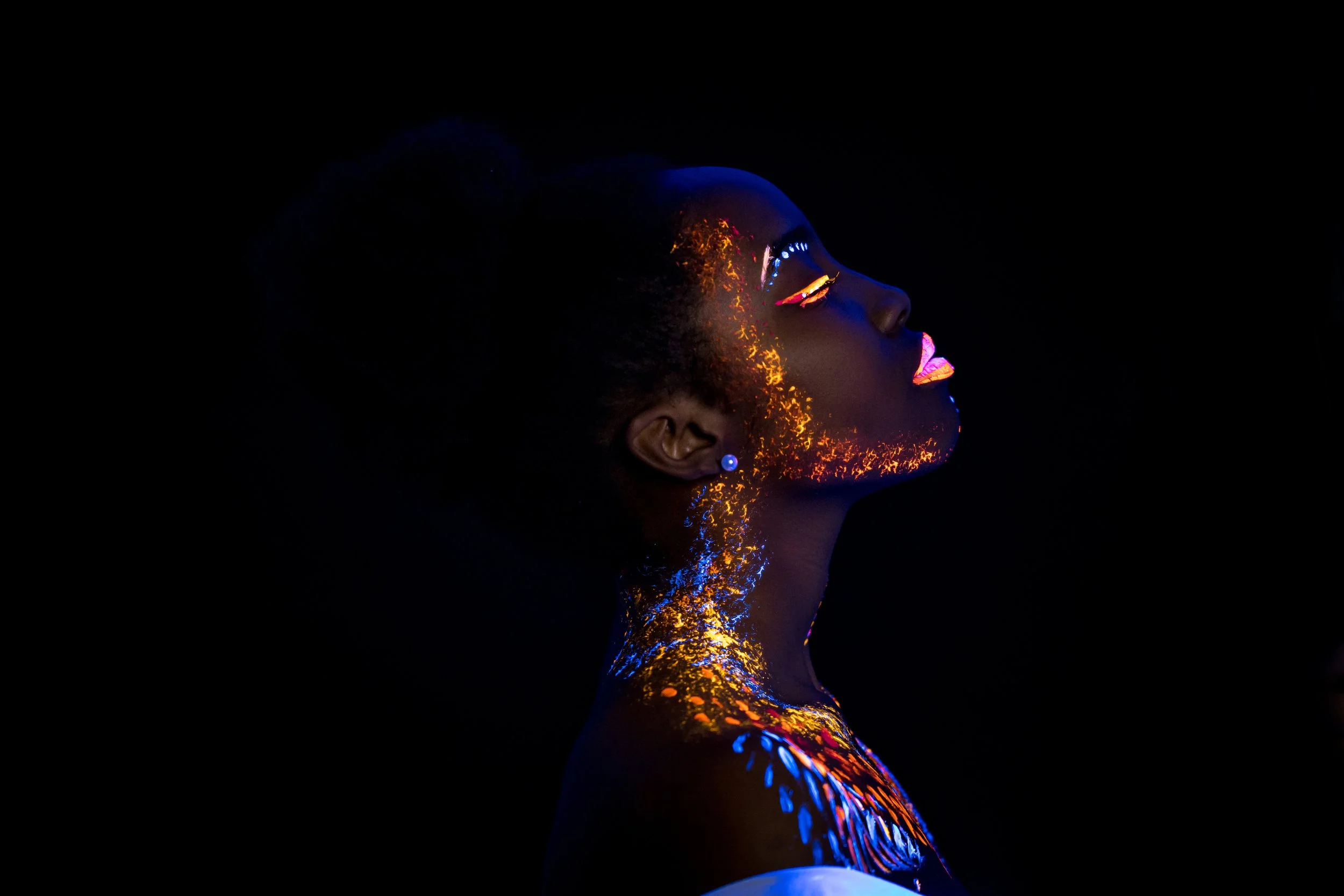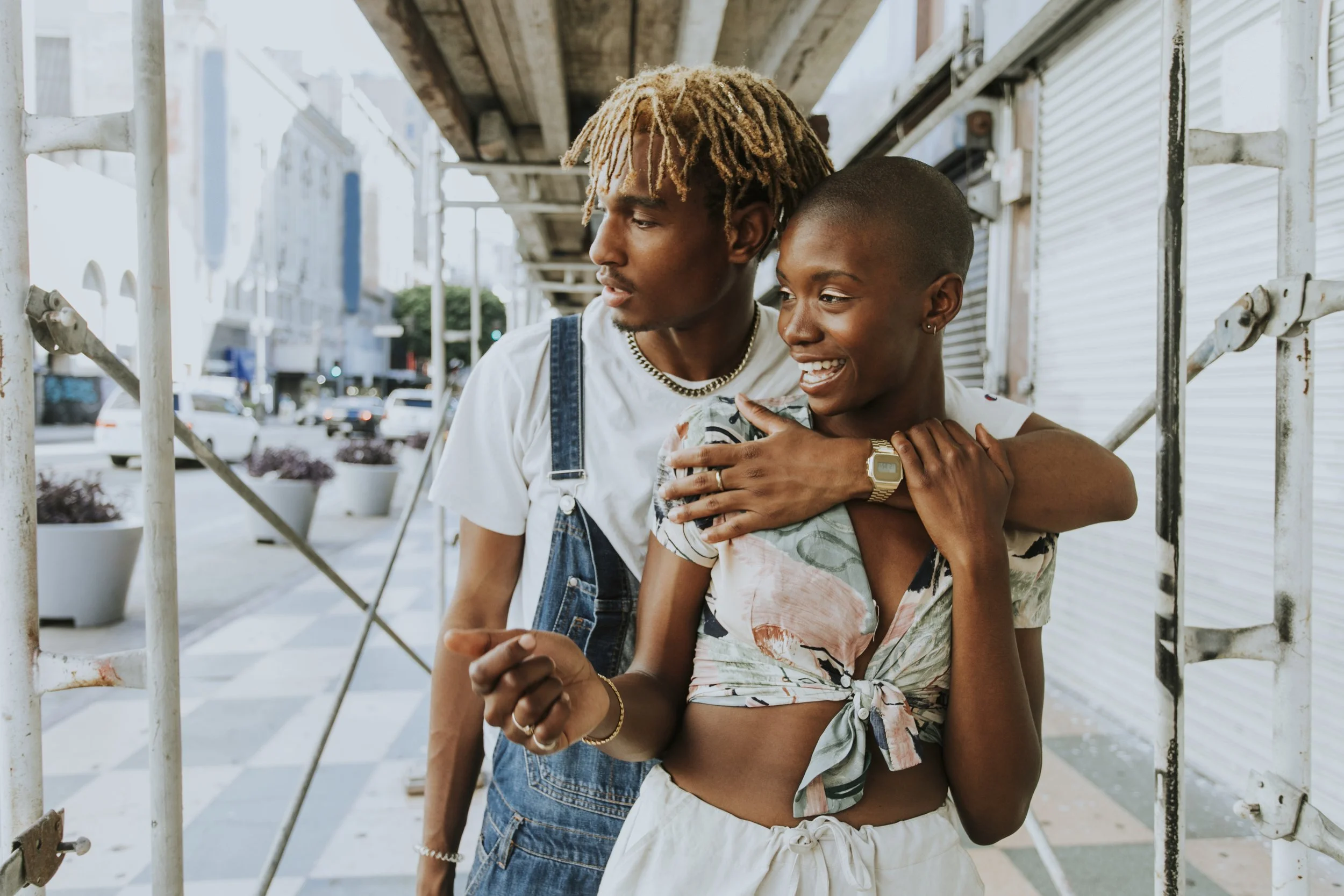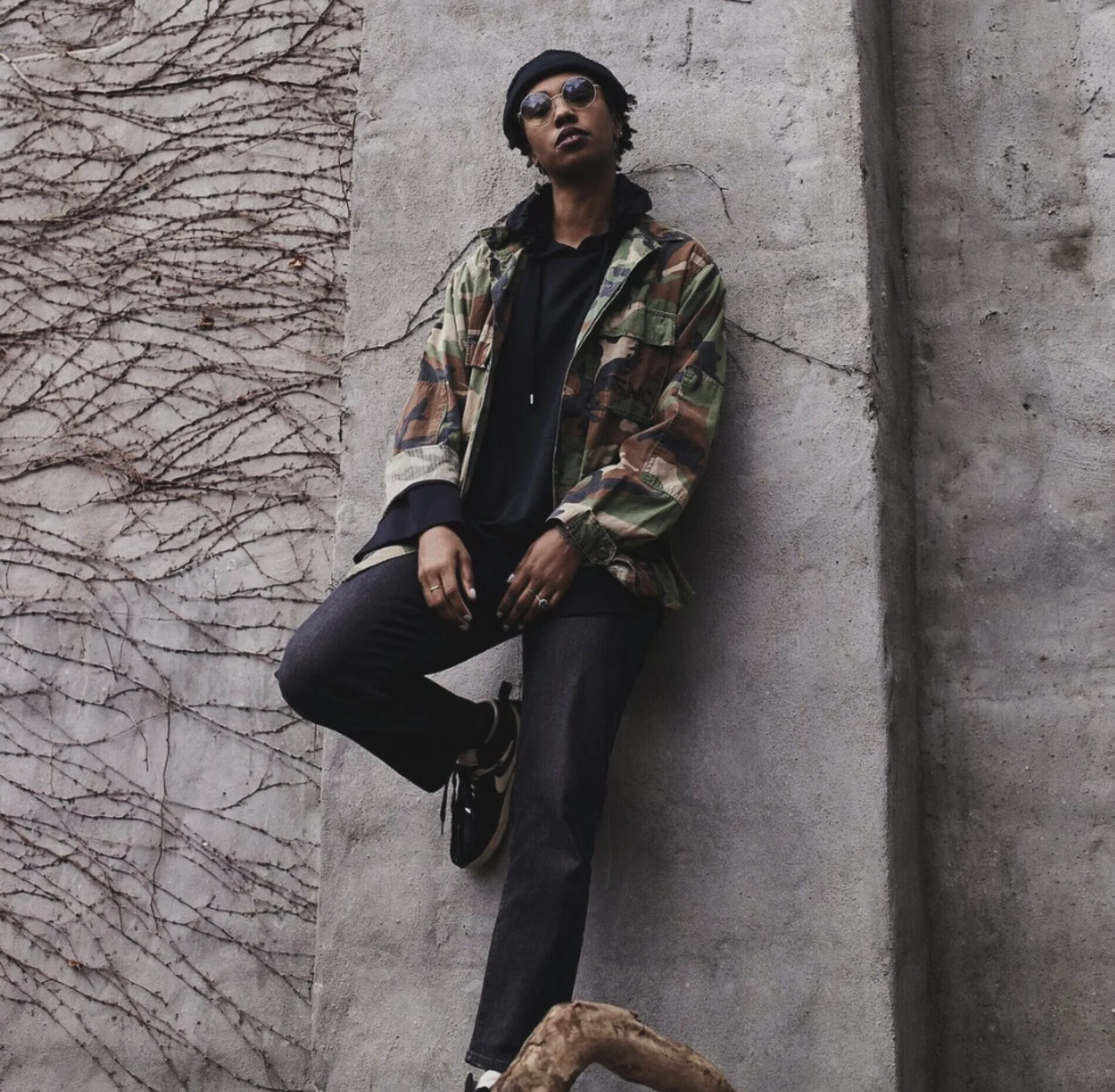Letter from the Editor
I had been thinking about newer ethical fashion brands I could connect you with for those who want to be even more intentional about where you spend, but I realize that is not the direction right now. Instead, I want to focus on how much change needs to happen, specifically in the ethical-sustainable fashion space, as it relates to racial justice. For those who think diversity is the answer; it is not.
Coming into sustainable fashion and starting the magazine, I had no clue of what to expect from the industry. I struggled with understanding how what I wanted to do would fit. There was a lot that I saw that made me uncomfortable. For starters, the majority of the people talking the loudest about sustainability, getting the most likes, follows, and views; and being invited to present and speak, were White people. The models representing sustainable fashion brands were disproportionately White women, and so were the creative directors and people behind the brands. I remember thinking, “Maybe if we blast the world with a magazine cover of a Black woman with sustainability attached to it, that'll shake some shit up.” We definitely weren’t seeing that five years ago, and what I know and have really come to understand further, is that sustainability as a concept and ideology is and always has been survival for Black people. From Black Americans to Black folks in Africa and everywhere else, being sustainable is a way of life, whether it is packaged up nicely in fashion and wellness or not.
“From Black Americans to Black folks in Africa and everywhere else, being sustainable is a way of life...”
This is why the white-washed versions of what sustainability “is” have been so troubling, but I did not have the language to express it until now. I went along with a lot in the beginning and I have a few regrets from my earlier days as founder and editor-in-chief. I really wish I had not focused so heavily on veganism in fashion because there are quite a few problems with this angle as the mainstream movement is rife with privilege. There were instances where I should have been braver to say “No, thank you” to White freelancers who would reach out seeking another platform to be visible; possibly taking up space from Black writers and creatives. And I wish I would have been more vocal early on about the issues of ethics in fashion as they relate to racial justice.
But as the issues have become even more illuminated, I feel more confident in unapologetically addressing them head-on—and ready to build a space and bigger platform for us. I am thankful for a community of Black and Indigenous People of Color—experts in sustainability—who have been and will continue to be the soul of ESJ. Your voices guide the conversation—because there is no environmental movement without BIPOC as, collectively, our communities are impacted the most by the very issues we are committed to addressing through fashion.
“…it doesn’t come across forced when you’re truly connected. ”
The issue of diversity within the sustainable fashion space is that it has become more about aesthetic than about an actual representation of the community itself. And even more, disturbing, that the “face” of sustainability in fashion is often White, with tokenist sprinkles of everyone else. Brands run by people who are committed to understanding the ways in which white supremacy as an institution has been woven into every layer of every industry—from beauty and wellness, to food, fashion and beyond—are the ones that are on the right path to dismantling white supremacist systems, even if only through fashion. These brands also naturally embrace the range and color of the advocates, models, writers, and influencers in this space…it doesn’t come across forced when you’re truly connected.
As we move forward, collectively, the very idea of sustainable fashion must shift as we embrace new criteria for what sustainability is; to include the communities from which these practices and principles have been borrowed without due credit, if not outright appropriated. I am committed to this shift as well, as it’s just not about shopping more consciously, but about recognizing that sustainable fabrics are used as a way to offset the negative impacts of exhausting natural resources for clothing; that the garment workers making the clothing have a deeper relationship with it than the folks buying it; that they are skilled and should be paid living wages, non-negotiable; and that animals are an invaluable part of our ecosystem. We should take note from Black and Indigenous communities here in the U.S. and globally who—without Western capitalist influence—have always had a deep connection to the land and its animals, with an understanding of survival without exploitation.
My goal is that ESJ, and the people and brands we work with, will embody all of this as we move forward with making fashion more ethical and sustainable. This space cannot be either of those things if we are intentionally excluding people from the conversation and movement. Diversity is not the answer, but I believe honest representation is.
With love and gratitude,












